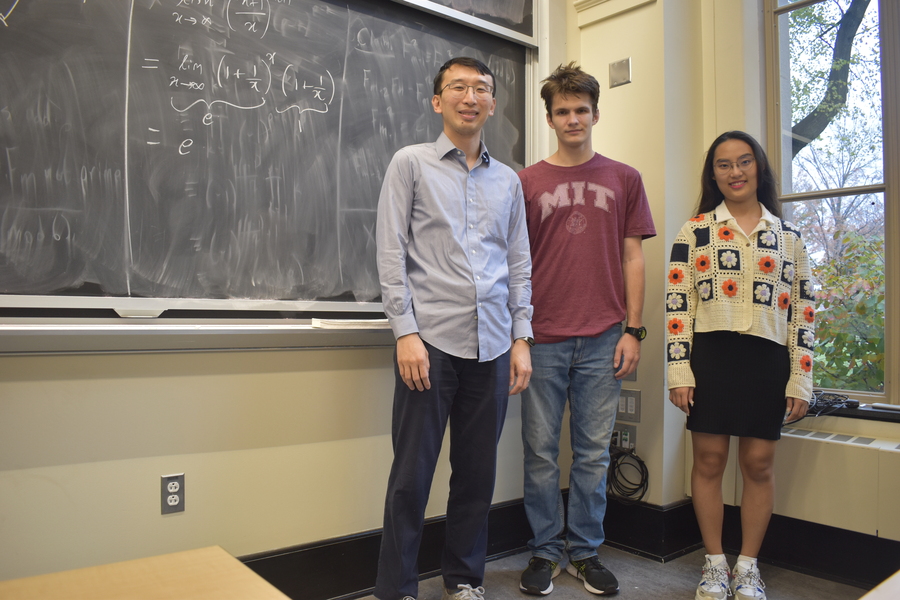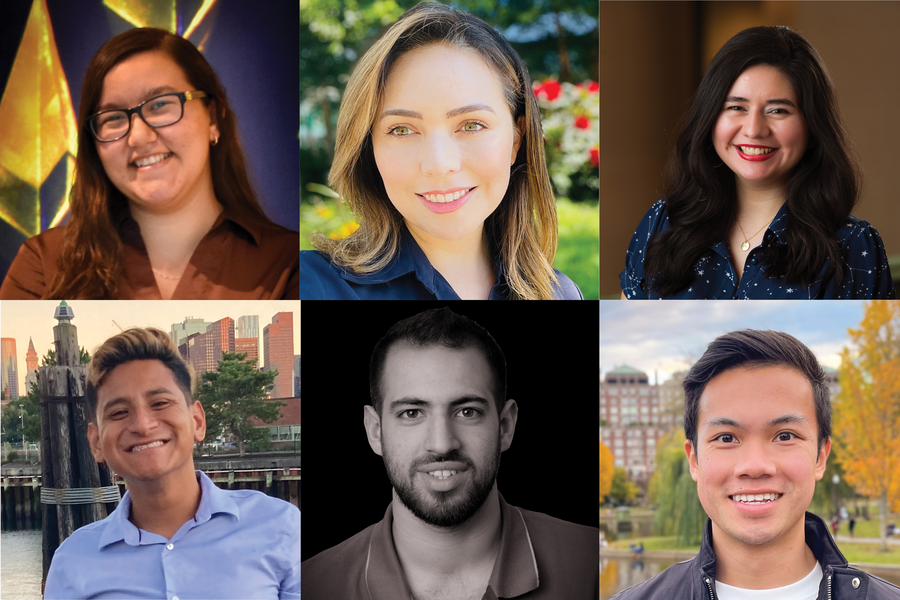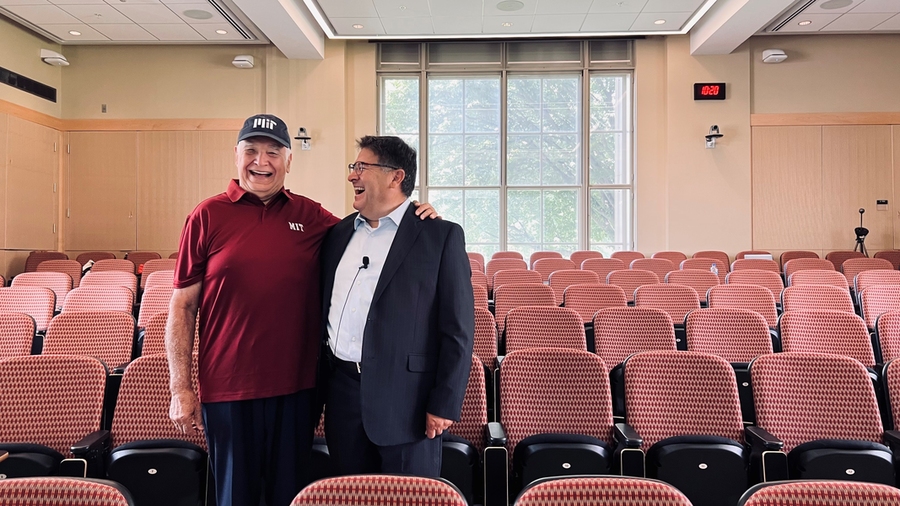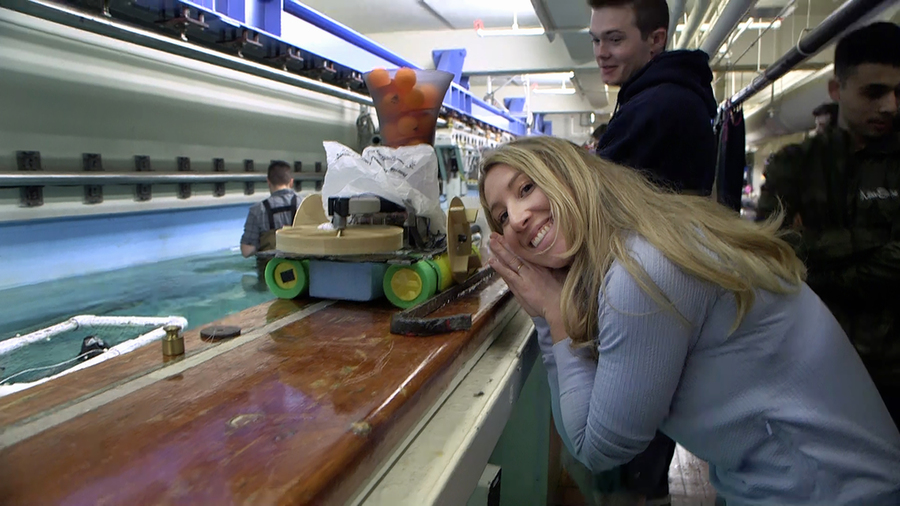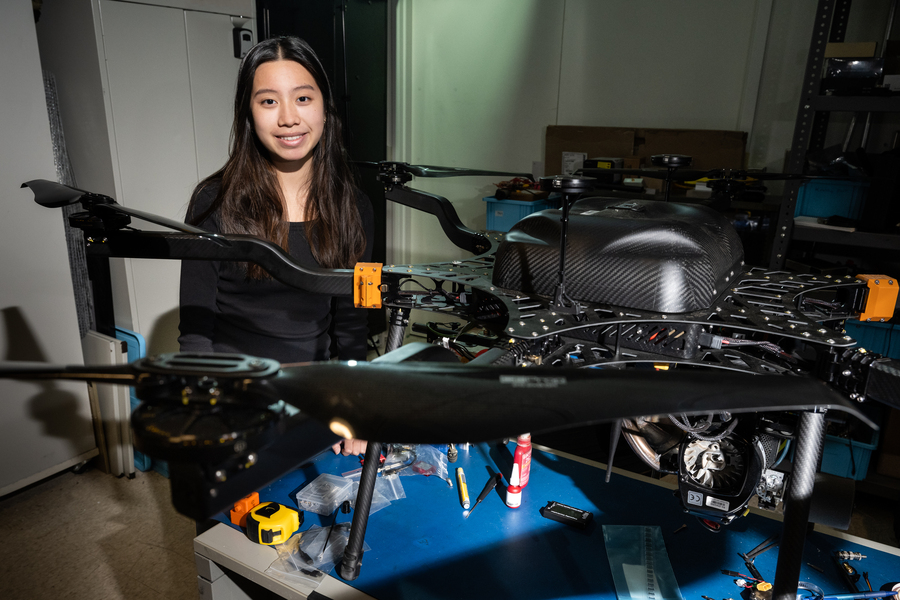The seminar is designed to provide a rare chance for first-years to develop their mathematical communication skills, including blackboard presentation and proof writing.
News
Traditionally, the first-gen identity has been viewed from a “deficit lens,” focusing on what a student lacks, rather than what a student has to offer. That needs to change.
“I want to leave this message for my family, for my employees and colleagues, for my partners and for my students: In matters of education, there is no point of saturation,” says lifelong learner Jesus Sotomayor.
“The main takeaway for 2.702 is to break away from the pure engineering aspect of shipbuilding and design, and start to focus on skills like team building, project management, cost estimates, and developing metrics,” says Captain Jeremy Leghorn.
Until now, it was believed that silent synapses were present only during early development, when they help the brain learn the new information that it’s exposed to early in life.
An MIT study finds that children from different socioeconomic backgrounds tend to have different brain patterns associated with reading difficulty.
What we’re trying to do is take the knowledge we create here and think about how we then use it to meet challenges in the world. To me that includes helping people around the world.” – Eric Grimson, MIT Vice President for Open Learning
Every summer, hundreds of students come to Lincoln Laboratory to gain hands-on research experience. Historically, the laboratory’s summer research program has primarily served undergraduate and graduate students, with their internships complementing their fields of study.
Since 2013, when he got his first smartphone, Emmanuel Kasigazi has been charting his own learning journey through MIT's OpenCourseWare on YouTube, educating himself on subjects as diverse as psychology and artificial intelligence.
“I was always really interested in the biggest, most pressing student-life issues, whether it be around mental health, diversity, equity, and inclusion, or public service,” says MIT’s David Spicer.
